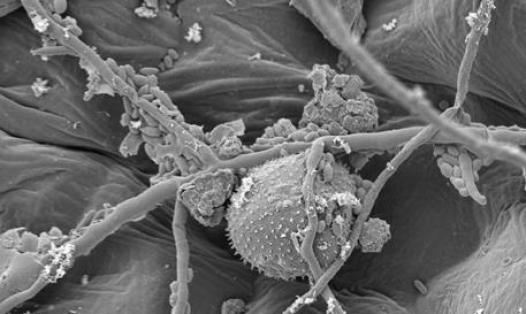


To be revered by their peers, within their institution and across their field, academics must also demonstrate motivational leadership and engaging teaching. Early career researchers (ECRs) tend to suffer the most from the detrimental effects of this ‘publish or perish’ research culture as they sit at the bottom of the traditional academic hierarchy.
For those ECRs that work as graduate teaching assistants (GTAs), poor leadership behaviours from supervisors could be deemed ‘the norm’ and could be reflected in the GTA’s teaching practice, or the behaviour might be recognised as harmful and can be actively avoided. This essay discusses how GTAs are in a powerful position to prevent the spread of toxic leadership in higher education because they are still actively learning and developing their academic identity.
I describe how my own experience of poor leadership has shaped my teaching; through this case study, I illustrate how GTAs can utilise positive leadership behaviours to improve the student experience. Future directions for how institutions can facilitate leadership development through training initiatives early in the academic career path are also discussed.
‘Good leadership’ has many definitions due to the varied contexts and career stages it is embedded within. Having a clear vision and driving progress towards it, motivating others, communicating effectively, and demonstrating credibility, respect, courage, decisiveness, and resilience all commonly feature on website lists of characteristics possessed by a good leader. In academia, several qualities beyond these are also required. A systematic literature review (Bryman, 2007) demonstrated that departmental effectiveness is predicted by leaders who treat all staff fairly, encourage shared decision-making, promote a positive work atmosphere, give performance feedback, proactively align departmental goals with those within and external to the university, stimulate research by providing resources and adjusting workloads, and take actions to enhance departmental reputation.
However, conflicting priorities between professional bodies, colleagues, students, and personal goals makes good leadership across multiple levels difficult to achieve. Academic leadership issues stem from the ‘publish or perish’ culture Universities compete to enhance education, produce new knowledge, and create stronger societies in exchange for recognition and resources on a global stage. Throughout history, ‘success’ in academia has most often been perceived as demonstrating excellent research performance, specifically high quality and quantities of publications, acquirement of funding, and renowned reputation within a field (Braun et al., 2016; Lashuel, 2020). In the United Kingdom, the Research 156 Excellence Framework (2014), first devised in 1986, remains the most prominent measure of this success. The results determine which institutions get a share of approximately £2 billion per year in research funding. Publicly available university rankings further exacerbate the pressure to enhance research performance e.g., The Times Higher Education World University Rankings (Braun et al., 2016).
In comparison, the Teaching Excellence Framework (2017) is a relatively new measure of academic success and does not carry the same weight. An academic who is passionate about implementing excellent pedagogical practices may not gain the same standing as those colleagues focused more on research and publishing. On the other hand, academics reading straight from their wordy PowerPoint slides, resulting in poor student satisfaction, could still be considered a successful academic within their research field.
(Read full article here in Postgraduate Pedagogies (page 182, volume 3)